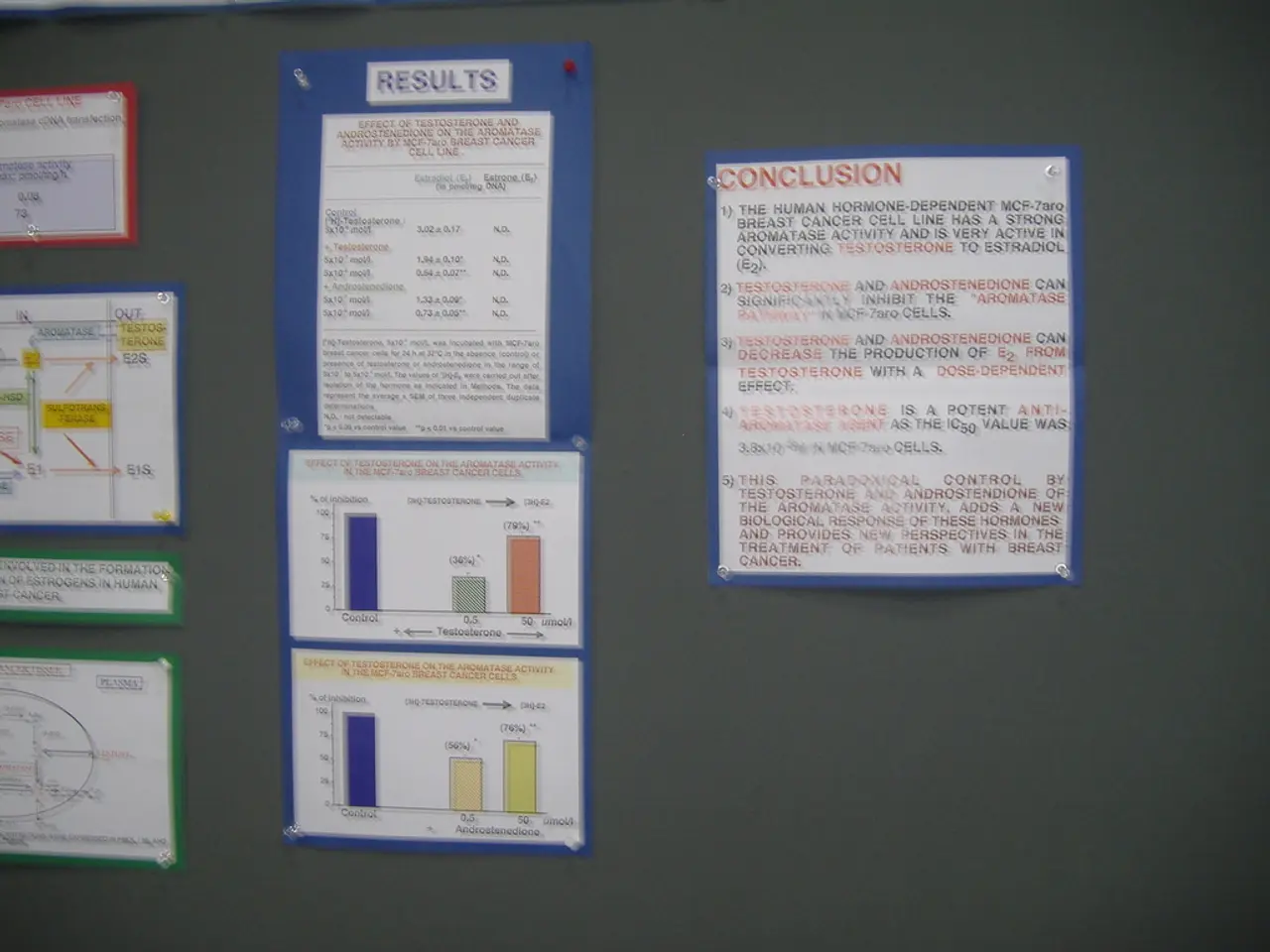Enhancing Bank Data Reporting for Streamlined Operations
The European Banking Authority (EBA) and the European Central Bank (ECB) have established the Joint Bank Reporting Committee (JBRC) with a mission to align and harmonize statistical, supervisory, and resolution data reporting for European banks. This initiative, which began in March 2024, is a significant step towards reducing the regulatory reporting burden and improving data quality for monetary policy, supervision, and resolution purposes[1].
The JBRC consists of high-level representatives from European and national authorities, including the ECB, the European Commission, the Single Resolution Board, the EBA, and national authorities that issue reporting requirements in the European Economic Area[2]. The committee's work focuses on the semantic alignment of the Eurosystem’s Integrated Reporting Framework (IReF) with other banking data frameworks, with the aim of creating a more coherent and standardized reporting environment across Europe[1].
To achieve this goal, the JBRC has set up an Expert Group on Semantic Integration to harmonize definitions of concepts used in reporting requirements. This group will contribute to the creation of a common data dictionary and the definition of the next steps towards a fully integrated reporting framework[3]. The JBRC is also encouraging national central banks to implement the NACE revision simultaneously as of January 2026[4].
In addition, a reporting contact group (RCG) composed of data reporting experts from the banking industry has been set up to ensure close collaboration with banks. The RCG holds joint meetings with the JBRC Steering Committee and provides practical insights on how to formulate reporting requirements[5].
The JBRC's long-term vision is to move from the current system of supervisory reporting by financial institutions to a modern, efficient, and effective reporting process. This transformation will contribute to the harmonization of reporting deadlines within the Eurosystem, making the reporting process simpler and more efficient for banks[1].
The JBRC's initiatives align with broader European policy goals, including the European Commission’s initiative to simplify regulations to boost competitiveness. It complements ongoing reforms in supervisory reporting and evaluation, without compromising the resilience and strength of European banks[1][2].
In conclusion, the JBRC's initiatives are progressing well, with planned and initial results towards a unified, efficient reporting framework that integrates statistical, supervisory, and resolution data across European banks expected in the near term. This effort is part of the broader European Banking Union reform and regulatory simplification agenda[1][2].
[1] European Central Bank. (2025). Joint Bank Reporting Committee (JBRC). Retrieved from https://www.ecb.europa.eu/ecb/html/index.en.html [2] European Banking Authority. (2025). Joint Bank Reporting Committee (JBRC). Retrieved from https://eba.europa.eu/ [3] European Commission. (2025). Joint Bank Reporting Committee (JBRC). Retrieved from https://ec.europa.eu/info/ [4] European Banking Authority. (2025). JBRC's work programme for 2025 prioritizes work on common terms and definitions. Retrieved from https://eba.europa.eu/ [5] Reporting Contact Group. (2025). Collaborating with the JBRC to ensure efficient banking data reporting. Retrieved from https://reportingcontactgroup.eu/
The JBRC, composed of high-level representatives from European and national authorities, is focused on aligning various banking data frameworks for a standardized reporting environment in Europe, utilizing technology to achieve this goal. This initiative, part of the European Banking Union reform and regulatory simplification agenda, also aims to streamline reporting processes in the finance sector, contributing to business competitiveness and the efficiency of European banks.




